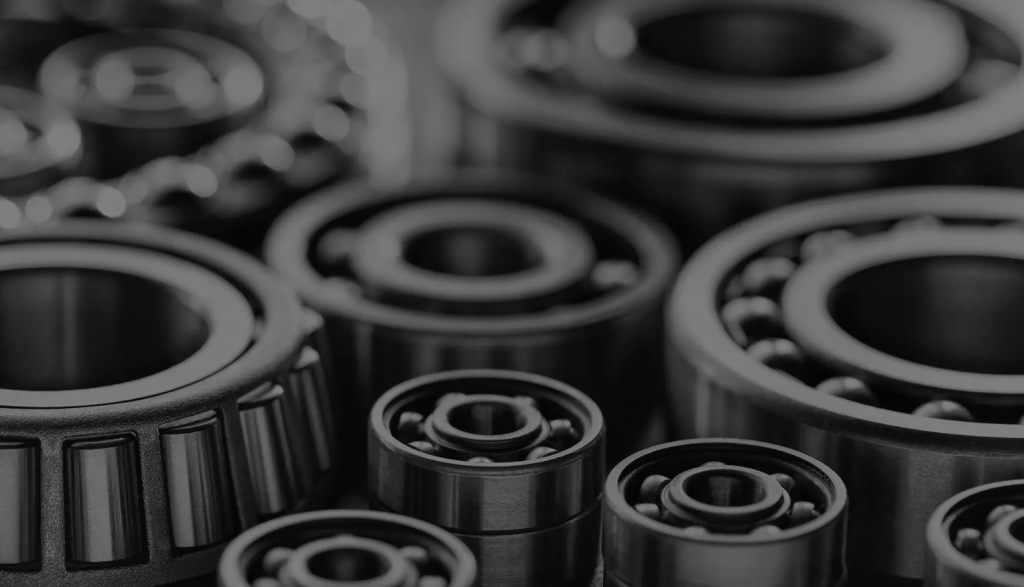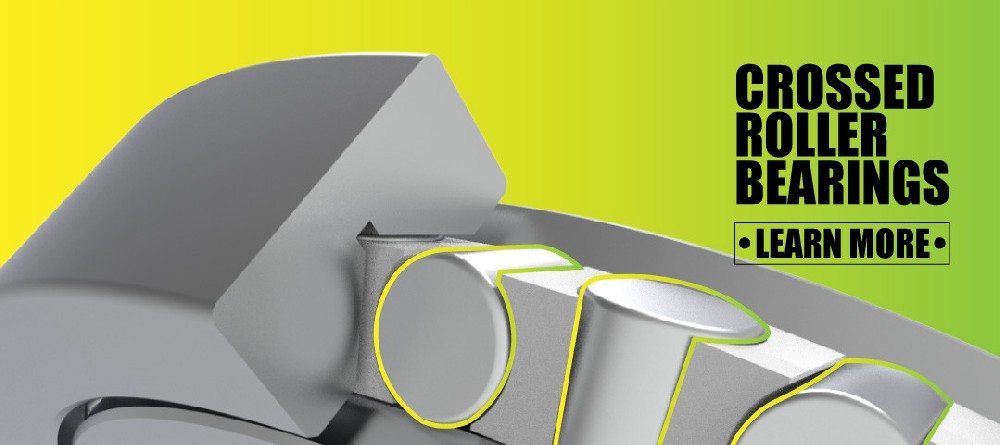Bearings are small components with a big impact. Whether you’re running an assembly line, building industrial equipment, or maintaining heavy-duty vehicles, the performance of your bearings can directly affect the reliability of your entire operation. However, it’s not just about choosing the right bearing—it’s about choosing the right bearing supplier.
A reliable bearing-supplier does more than sell parts. They ensure you get consistent quality, traceable products, technical support, and timely deliveries. When you work with a dependable supplier, you reduce downtime, avoid counterfeit products, and gain access to expert guidance that can improve equipment performance and reduce total ownership costs.
On the other hand, working with the wrong supplier introduces risks—delays, failures, and hidden costs that can severely disrupt production. That’s why sourcing decisions must go beyond price and focus on supplier capabilities, inventory, and service quality.
Bearing Supplier Selection Guide for Quality and Reliability
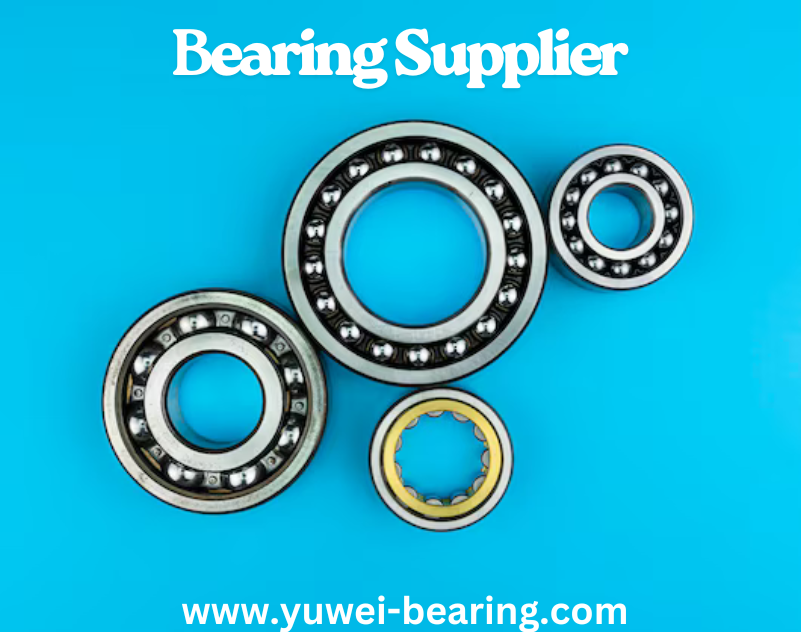
In this guide, we will explain how to identify, evaluate, and select a bearing supplier who meets your standards for quality, reliability, and long-term support.
Why the Right Bearing Supplier Matters
Choosing the right bearing-supplier directly affects your operations, product performance, and overall reliability. Bearings are critical components in nearly all mechanical systems, and their failure often leads to significant downtime and repair costs. A dependable bearing-supplier ensures consistent quality, timely delivery, and technical support, which in turn helps maintain the efficiency and longevity of your equipment. Visit here!
A qualified bearing-supplier also helps reduce inventory risks and supports application-specific requirements with the right product recommendations. When your supplier is reliable, your procurement process becomes smoother, and you avoid unnecessary sourcing problems that can disrupt production schedules. Companies that partner with the right bearing-supplier often experience fewer breakdowns, better warranty compliance, and more predictable maintenance planning.
Problem: What Happens When You Choose the Wrong Supplier?
Working with an unverified or low-quality bearing supplier introduces multiple risks. These include inconsistent product quality, delivery delays, and lack of technical support, which can have a ripple effect on your operations.
Common problems include:
- Receiving counterfeit or substandard bearings
- Frequent bearing failure causing machine downtime
- Lack of product traceability or documentation
- Inadequate after-sales or technical support
- Missed delivery deadlines and order inaccuracy
Choosing the wrong bearing-supplier often results in extra costs related to urgent replacements, machine repairs, and operational delays. These issues can increase total ownership costs significantly and erode customer trust if products fail in the field. Many companies suffer hidden losses over time due to repeatedly working with unreliable suppliers who offer cheaper upfront prices but lack long-term consistency.
Solution: What Makes a Reliable Bearing-Supplier?
A reliable bearing supplier offers more than just products. They bring consistency, support, and risk reduction to your supply chain. Here’s what to look for:
Key Qualities of a Reliable Bearing-Supplier:
- Certifications: ISO 9001, ISO 14001, and brand-authorized distributorships.
- Inventory Management: Maintains real-time stock levels for fast-moving items.
- Technical Support: Offers engineering help, selection guidance, and failure diagnostics.
- Traceability: Every product comes with batch numbers and manufacturer origin details.
- Delivery Performance: Short lead times, emergency order fulfillment, and accurate logistics.
List of Documents a Reliable Bearing Supplier Should Provide:
- Product specification sheets
- Manufacturer certifications
- Batch traceability reports
- Quality assurance test results
- Warranty and return policy
Reliable bearing suppliers also work proactively with buyers, informing them of supply risks, upcoming changes in lead times, and suitable product substitutes if needed. They understand your industry and tailor their recommendations based on actual operational needs, not just catalog data.
Practical Steps to Evaluate a Bearing Supplier
Selecting the right bearing-supplier requires a step-by-step assessment. Relying solely on price or availability is not enough.
Step-by-Step Guide:
- Pre-qualification
- Request certification and verify through relevant databases.
- Check if they are listed as authorized distributors for top brands.
- Initial Contact and Interview
- Evaluate how they respond to technical questions.
- Ask about their understanding of your application needs.
- Site Visit or Virtual Audit
- Review warehouse systems, storage conditions, and inventory practices.
- Evaluate their traceability systems.
- Trial Order
- Place a small test order to evaluate fulfillment accuracy, delivery time, and documentation.
- Reference Checks
- Ask for customer references in your industry and verify their experiences.
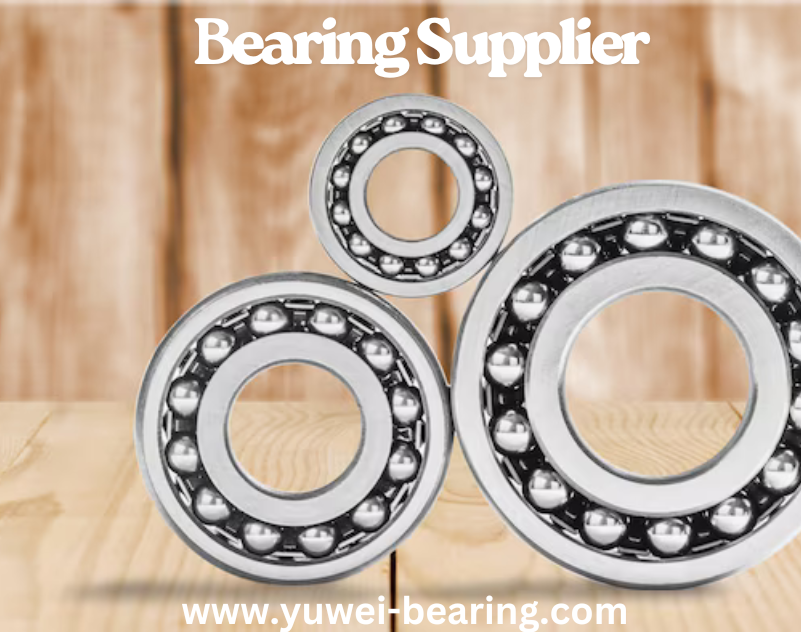
Supplier Evaluation Scorecard Example:
| Criteria | Max Score | Supplier A | Supplier B |
|---|---|---|---|
| ISO Certification | 10 | 10 | 8 |
| Brand Authorization | 10 | 10 | 6 |
| Inventory Availability | 10 | 9 | 7 |
| Technical Knowledge | 10 | 10 | 5 |
| Traceability & QA Docs | 10 | 9 | 6 |
| Delivery Accuracy & Speed | 10 | 9 | 7 |
| Customer References | 10 | 10 | 6 |
| Total Score | 70 | 67 | 45 |
Use such a scorecard to compare and rank potential suppliers in a structured manner.
Supplier Performance Metrics to Track
Even after you choose a bearing supplier, it’s critical to evaluate their ongoing performance. Regular tracking ensures they maintain service levels and allows you to address small issues before they become major disruptions.
Important KPIs:
| Metric | Target Value | Purpose |
| On-time Delivery Rate | 95% or higher | Ensure reliable fulfillment |
| Product Defect Rate | Less than 0.5% | Monitor product quality |
| Order Accuracy | 99% or above | Avoid wrong parts or quantities |
| Response Time for Inquiries | Under 24 hours | Ensure communication efficiency |
| Resolution Time for Issues | Within 72 hours | Measure after-sales support effectiveness |
Tracking these metrics monthly or quarterly allows you to assess whether your bearing-supplier is performing to expectations. If they fall below acceptable levels consistently, it may be time to re-evaluate your sourcing options.
Q&A: Bearing-Supplier Selection
Q1. What’s the first thing I should check in a bearing-supplier?
Check if the bearing supplier holds valid ISO certifications and is authorized to distribute OEM bearing brands.
Q2. How do I know if a bearing is counterfeit?
Genuine bearings come with traceable batch numbers, original manufacturer documentation, and tamper-proof packaging. If in doubt, verify with the OEM brand.
Q3. Should I prioritize local or international bearing-supplier?
It depends on your lead time needs. Local suppliers may offer faster delivery, while international suppliers may have access to a wider inventory. Choose based on urgency, scale, and reliability.
Q4. What technical support should I expect?
A reliable bearing supplier should offer selection advice, application engineering, and analysis for failed bearings. They should understand speed, load, and environmental factors.
Q5. Is price the best way to compare bearing-suppliers?
No. Low prices may indicate substandard or counterfeit bearings. Quality, reliability, delivery, and technical support should all be considered.
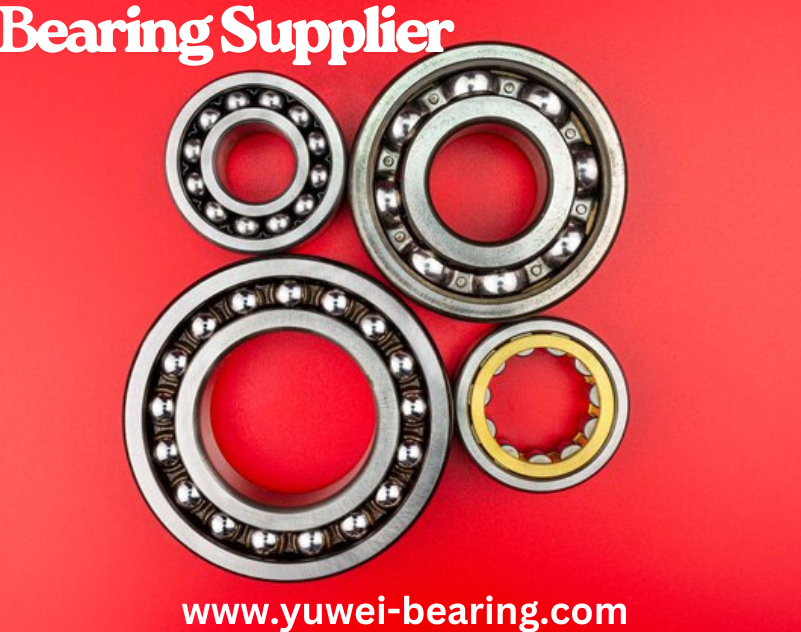
Conclusion
Selecting the right bearing supplier isn’t just a procurement decision—it’s a long-term investment in your equipment performance, production reliability, and operational efficiency. A good supplier helps you avoid risks like counterfeit products, inconsistent quality, and delivery delays. They provide technical insight, maintain traceable inventory, and respond quickly when problems arise.
When you evaluate a bearing supplier based on certifications, industry experience, logistics capacity, technical support, and traceability, you’re setting up your business for fewer breakdowns, smoother maintenance planning, and lower total cost of ownership. Monitoring supplier performance through KPIs ensures they continue to meet your expectations over time.
Many businesses face recurring equipment issues simply because they’ve chosen convenience or low pricing over long-term value. Don’t fall into that trap. A strong supplier relationship built on trust, quality, and service will always pay off.
Use the steps outlined in this guide to assess your current suppliers or onboard new ones with confidence. The time you invest now will save costs, prevent downtime, and protect your reputation in the long run.
